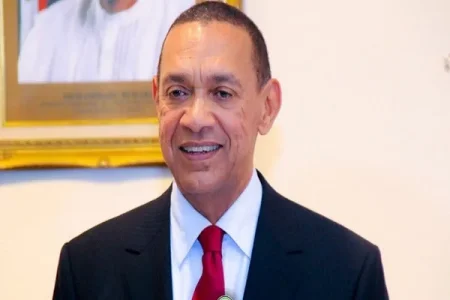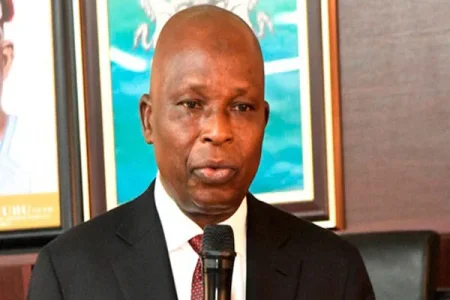According to a recent United Nations Children's Fund (UNICEF) statement, more than half of the girls in Nigeria are missing out on primary education. Jutaro Sakamoto, the education manager at UNICEF, revealed these alarming figures during an education conference hosted by the French Institute in Nigeria.

Sakamoto highlighted that a staggering 7.6 million girls in Nigeria are currently out of school, including 3.9 million at the primary level and 3.7 million at the junior secondary level. He further noted that 48% of these girls are located in the Northwest and Northeast regions of the country. The gender parity in net attendance ratio is below 1.0 in 10 states, primarily in the North, and is declining in 15 states.
A significant disparity exists between the poorest and the wealthiest quintiles, with only 9% of girls from the poorest backgrounds attending secondary school, compared to 81% from the richest quintile. Sakamoto expressed grave concern, stating, "If we can't address the situation in Nigeria, we can't solve the situation in the world."
Prof. Mufutau Tijani, a French and Applied Linguistics professor at the University of Abuja, emphasised the urgency of the situation. He warned that the increasing number of out-of-school children is directly linked to Nigeria's population explosion. With the nation's population projected to reach 400 million by 2050, the challenges are set to intensify.
Despite the 2004 law guaranteeing free and compulsory primary education for every child in Nigeria, enforcement remains a significant issue. Prof. Tijani called on the government to enforce this law, increase education funding, and address the critical issue of family planning, especially in the northern regions.
Judikael Regnaut, the head of cooperation and cultural affairs at the French embassy, pledged the French Institute's continued support in fostering discussions to enhance Nigerian education.

Sakamoto highlighted that a staggering 7.6 million girls in Nigeria are currently out of school, including 3.9 million at the primary level and 3.7 million at the junior secondary level. He further noted that 48% of these girls are located in the Northwest and Northeast regions of the country. The gender parity in net attendance ratio is below 1.0 in 10 states, primarily in the North, and is declining in 15 states.
A significant disparity exists between the poorest and the wealthiest quintiles, with only 9% of girls from the poorest backgrounds attending secondary school, compared to 81% from the richest quintile. Sakamoto expressed grave concern, stating, "If we can't address the situation in Nigeria, we can't solve the situation in the world."
Prof. Mufutau Tijani, a French and Applied Linguistics professor at the University of Abuja, emphasised the urgency of the situation. He warned that the increasing number of out-of-school children is directly linked to Nigeria's population explosion. With the nation's population projected to reach 400 million by 2050, the challenges are set to intensify.
Despite the 2004 law guaranteeing free and compulsory primary education for every child in Nigeria, enforcement remains a significant issue. Prof. Tijani called on the government to enforce this law, increase education funding, and address the critical issue of family planning, especially in the northern regions.
Judikael Regnaut, the head of cooperation and cultural affairs at the French embassy, pledged the French Institute's continued support in fostering discussions to enhance Nigerian education.




